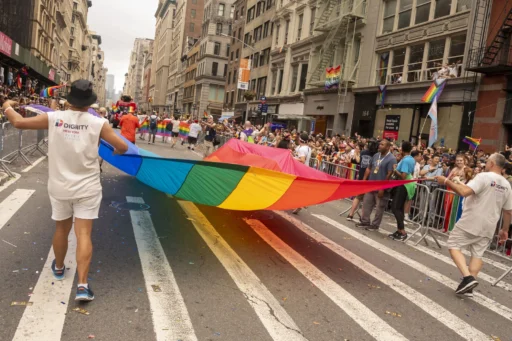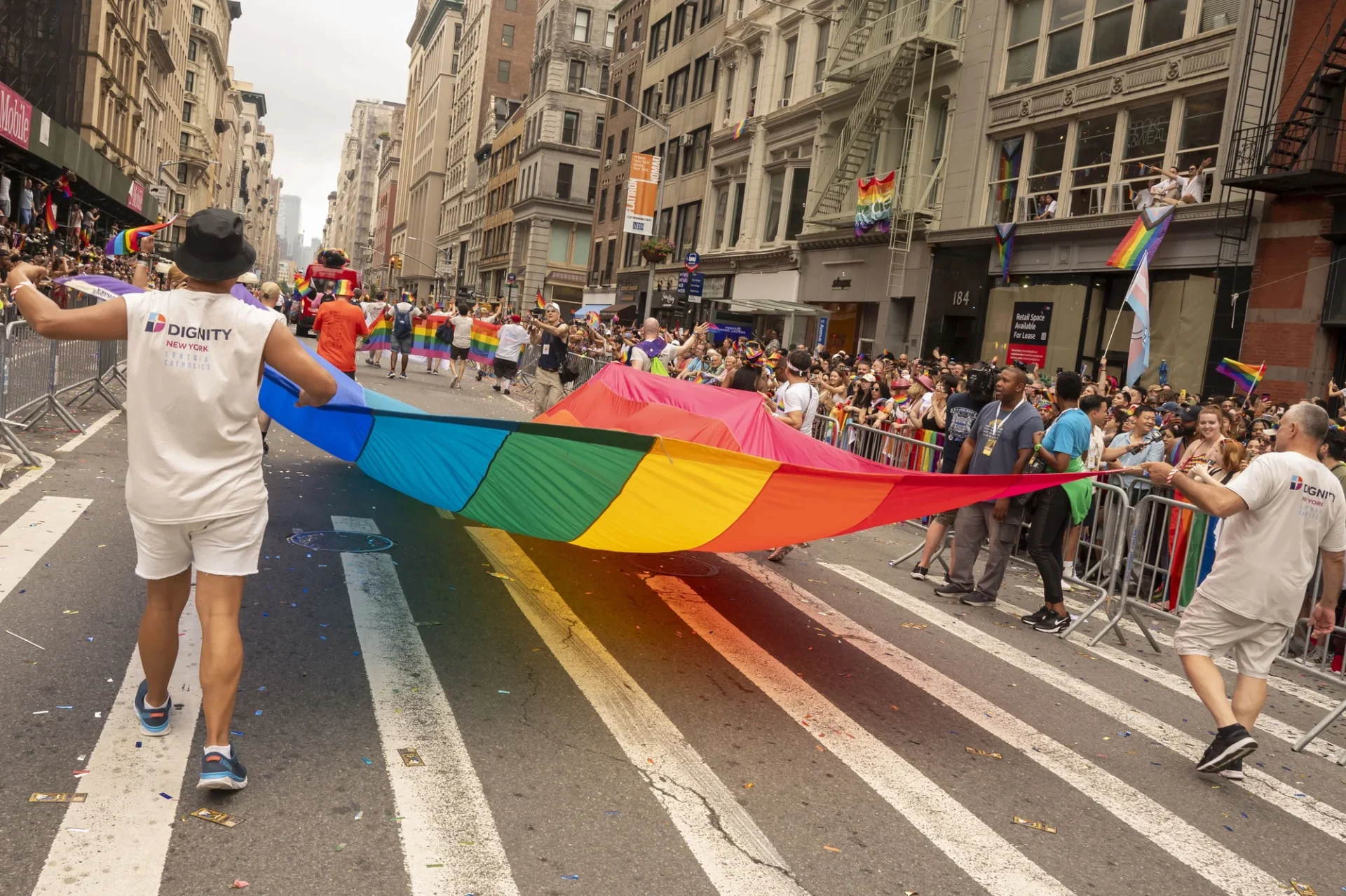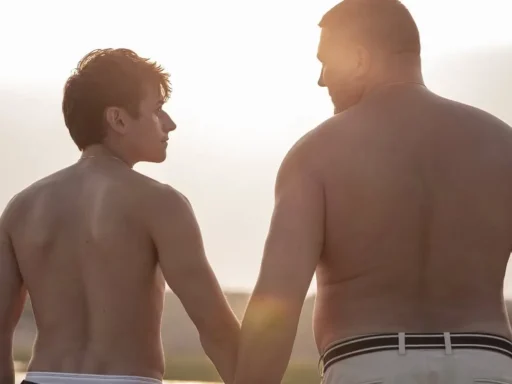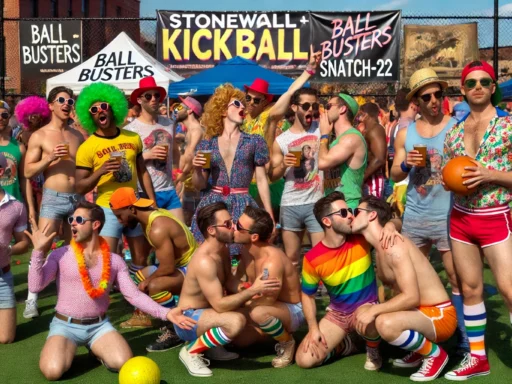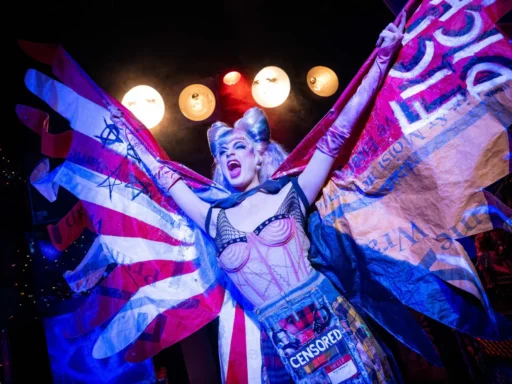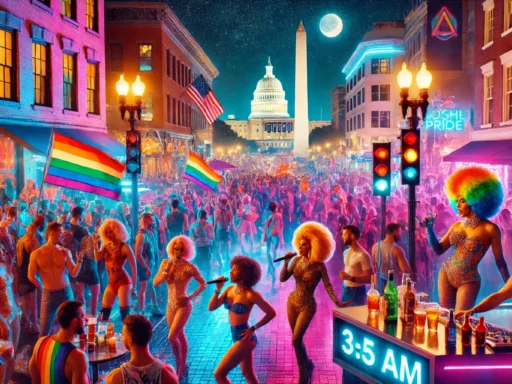Alright, darlings, buckle up because we’re diving into the hottest tea of the season: the drama surrounding WorldPride DC 2025. It’s got everything—political intrigue, celebrity cameos, and enough controversy to make your head spin faster than a drag queen at last call at Pitchers. So, let’s unpack this fabulous mess, shall we?
The Spark of Controversy
Picture this: Washington, D.C., the nation’s capital, gearing up to host World Pride DC 2025 from May 17 to June 8, coinciding with the 50th anniversary of Pride celebrations in the city. It’s a big deal, with millions expected to flock to the District for parades, parties, and performances by global superstars like Troye Sivan, Shakira, and Jennifer Lopez. But before the glitter could settle, a storm brewed. The current U.S. political climate, marked by policies perceived as anti-LGBTQ+, has turned what should be a joyous celebration into a battleground of ideals.
The debate kicked off almost as soon as the event was announced. Advocacy groups like the African Human Rights Coalition (AHRC) and Egale Canada sounded the alarm, calling for a boycott. Meanwhile, local organizers and international activists are urging the community to show up in full force. It’s a classic clash of strategy and sentiment, and D.C.’s queer scene—think Trade’s inclusive vibes or Number Nine’s chic happy hours—is caught in the middle. Do we even need to mention how the popper shortage is causing folks to cancel their plans?
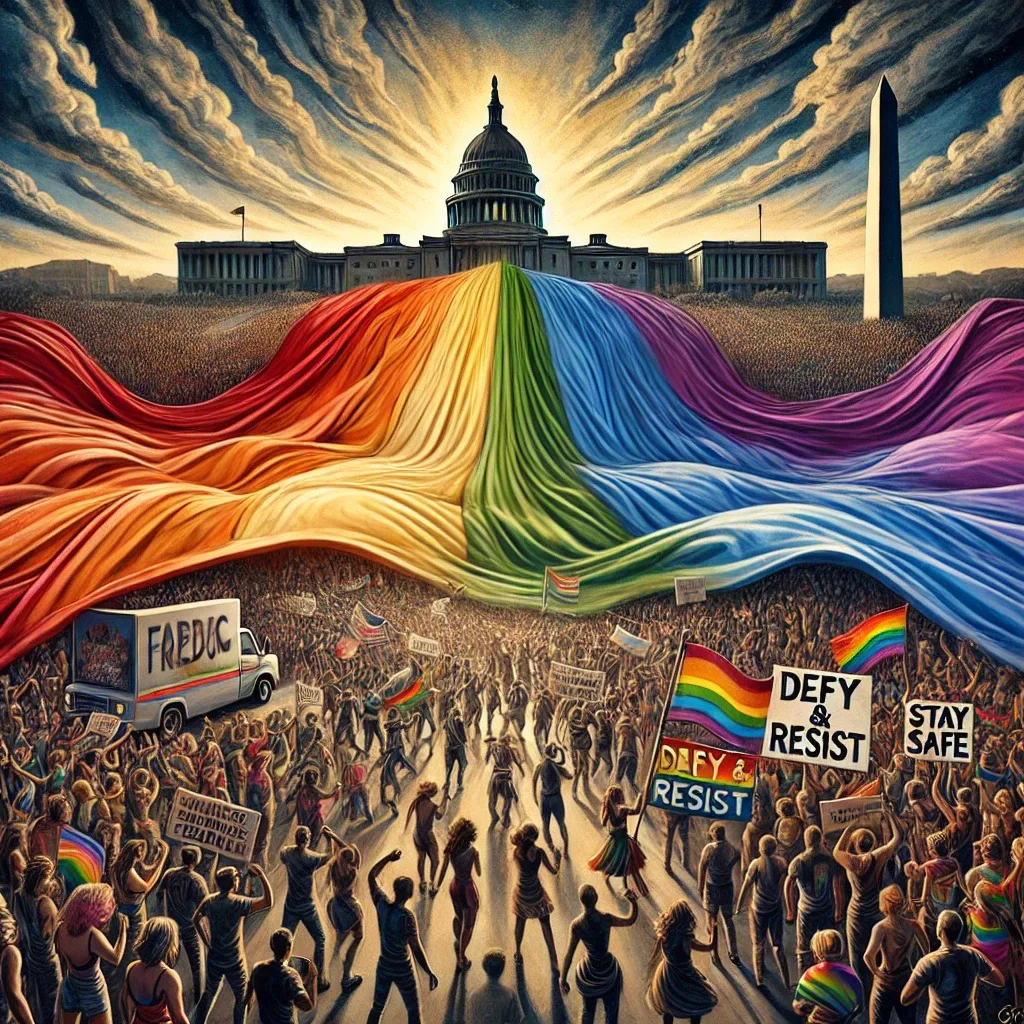
The Boycott Brigade: Safety and Principles
Let’s start with those waving the boycott flag. Their concerns are serious and rooted in the current administration’s actions. The AHRC has labeled the U.S. government an “antagonistic fascist regime,” arguing that it’s no longer the “free democratic country that WorldPride signed up for.” They point to policies like anti-transgender executive orders, weakened asylum protections, and passport policies that don’t recognize non-binary gender markers as evidence of a hostile environment.
Safety is a huge issue, especially for international attendees. There’s a real fear that transgender and non-binary individuals could face scrutiny, questioning, or even detention at U.S. borders. Melanie Nathan of the AHRC warned that trans individuals might face “targeted attention, potentially leading to detention.” Countries like Germany, Ireland, Finland, and the Netherlands have issued travel advisories for their trans and non-binary citizens, adding weight to these concerns. The Washington Post noted that a diminished international presence would be a blow to organizers, with dozens of countries like Brazil, Iceland, and Uganda expected to participate.
Then there’s the moral argument: attending WorldPride could be seen as legitimizing or normalizing the administration’s policies. The AHRC draws a historical parallel to boycotts against Apartheid-era South Africa, suggesting that participation is akin to condoning state-sponsored oppression. They’re urging folks to keep their tourist dollars out of the U.S., arguing that spending here supports businesses tied to the current regime. It’s a gut-punch of a stance, and it’s got people thinking twice about booking their flights.
“Boycotts may offer symbolic protest, but absence creates silence.”
The Resistance Warriors: Visibility as Power
On the other side, we’ve got the folks who say, “Not today, haters!” They argue that showing up for WorldPride is the ultimate act of defiance. Argentinian activist Mariano Ruiz put it eloquently in an op-ed: “Boycotts may offer symbolic protest, but absence creates silence.” He envisions queer, trans, and non-binary people from around the world gathering in D.C., right under the administration’s nose, as a powerful declaration: “We’re here, and we’re not vanishing.”
Supporters like Ryan Bos, Executive Director of the Capital Pride Alliance, emphasize that WorldPride is a community-driven event, not a government endorsement. “A boycott of WorldPride sends the wrong message,” Bos told The Advocate. “We need to show up together, show resilience and resistance to ensure we remain visible and heard.” They see the event as a platform for local activists, trans-led collectives, and BIPOC-led organizations to amplify their voices, not silence them.
There’s also a pragmatic angle: boycotting could set a dangerous precedent. If we skip events in countries with anti-LGBTQ+ governments, we might rule out places like Hungary, Poland, or Argentina. The movement can’t afford to cede global stages to those who wish to erase us. Instead, supporters advocate for “critical engagement,” using WorldPride’s panels, workshops, and marches to confront issues like U.S. foreign policy or systemic racism head-on.
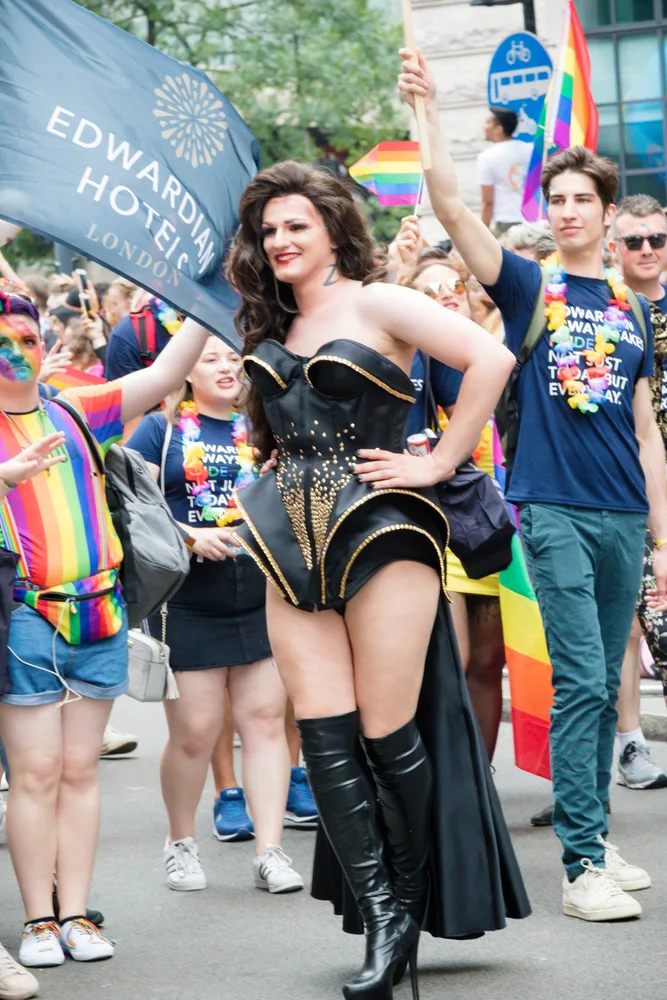
Tangible Impacts: Cancellations and Withdrawals
The debate isn’t just theoretical—it’s already hitting the ground. The Kennedy Center, a cultural beacon in D.C., was set to host “Tapestry of Pride” programming, including displays of the AIDS Memorial Quilt, drag story time, and a Pride concert by the National Symphony Orchestra. But those plans were scrapped after the administration’s leadership changes and a public vow to eliminate “anti-American propaganda” at the venue. Artists like those from the Gay Men’s Chorus of Washington, D.C., and author Tyler Curry-McGrath called it an attack on LGBTQ+ visibility, and organizers are scrambling to find new venues.
Sponsors are also jumping ship. Booz Allen Hamilton, a major federal contractor, pulled its support in February 2025, citing compliance with executive orders targeting Diversity, Equity, and Inclusion (DEI) programs. Other sponsors have either withdrawn or requested anonymity, leaving organizers in a financial lurch. The Washington Post reported that these pullouts are a significant challenge for the Capital Pride Alliance, which has lined up big names like Troye Sivan and Cynthia Erivo to draw crowds.
D.C.’s Queer Heartbeat: Local Bars and Businesses
Now, let’s zoom in on D.C.’s queer nightlife, the lifeblood of our community. Places like As You Are, with its cozy dance floor, or Crush, known for its vibrant energy, are gearing up for an influx of two to three million visitors. But the owners aren’t exactly popping champagne just yet.
In community meetings with D.C. police and the Mayor’s Office, bar owners have voiced serious concerns. Stephen Rutgers of Crush worries about the logistical nightmare of handling massive crowds if major events get cancelled. David Bailey, who runs Trade and Number Nine, questions whether the city can manage without federal support. They’re particularly anxious about their venues becoming “easier targets” in a politically charged atmosphere, especially with limited police presence in bar-heavy areas compared to official festival sites. David’s concerns aren’t without merit, with a fight involving three gay men outside of Number Nine and the recent hate crime outside of the Caps game.
The Washington Blade reported that safety is the top priority for these owners, even if it means sacrificing profits. The city is promising robust security measures, including fenced festival areas, private security, and coordination with agencies like D.C.’s Homeland Security and Emergency Management Agency. Mayor Bowser’s office has likened the preparations to those for an inauguration, but for many, the unease persists.
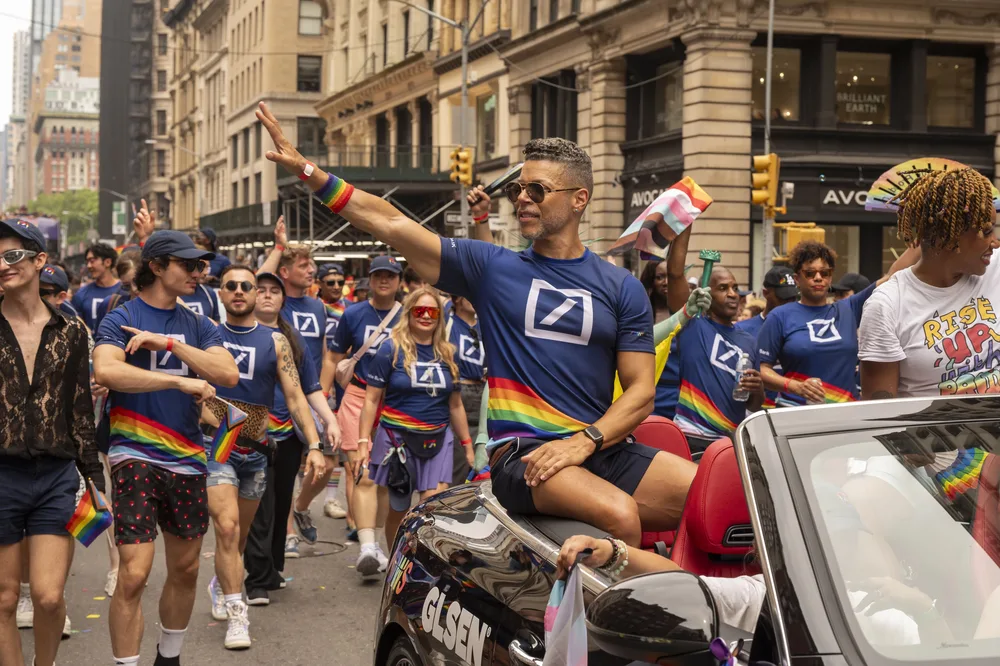
Local Meets Global: A Symbolic Stage
D.C. isn’t just any city—it’s the nation’s capital, a symbolic stage for global LGBTQ+ politics. Hosting WorldPride here is a statement, especially when the administration is rolling back protections. The District, known for having the highest per capita LGBTQ+ population in the U.S. (about 14%, according to the Williams Institute), is a beacon of queer culture. But it’s also a lightning rod for international scrutiny.
The debate reflects a broader question: how do we maintain global solidarity when political climates turn hostile? For D.C.’s community, it’s about balancing the pride of hosting with the responsibility to protect. International attendees from countries like Jamaica or Thailand might see coming to D.C. as a bold stand, but travel advisories and border risks complicate that choice. Local activists, meanwhile, are using World Pride to reaffirm D.C.’s place as a hub of advocacy, with events like the Capital Cup sports festival and Trans Pride workshops planned to foster dialogue.
The Fabric of Freedom: Unraveling or Resilient?
At the heart of WorldPride DC 2025 is its theme, “Fabric of Freedom.” It’s meant to evoke unity and resilience, a nod to the community’s rich cultures and diverse identities. Organizers envisioned it as a symbol of strength, especially as D.C. marks 50 years of Pride. But oh, honey, the irony is thicker than the crowd at Pitchers on drag night.
Is this fabric holding strong, or is it fraying under political pressure? Supporters like Bos see attendance as weaving a new tapestry of resistance, a chance to stand united against adversity. Critics, however, argue that the theme feels unattainable when safety and freedom are at risk. The official WorldPride website calls on the community to “be part of The Fabric of Freedom,” but the question remains: can we stitch it together in such turbulent times?
A Choice That Echoes
So, where does this leave us? Torn between the urge to strut our stuff and the need to stay safe. It’s a dilemma that’s got everyone from As You Are’s bartenders to international activists buzzing. The Axios reported that organizers are boosting safety with gated entries and workshops, but the fear lingers: “Our community is living in fear right now,” one organizer said.
Imagine millions of queer folks flooding D.C., rainbows blazing, dancing at Crush, and chanting for equality. It’s a gorgeous vision, but the headlines could turn grim: “Pride March Disrupted” or “Trans Visitor Detained.” Yet, history reminds us that moments like Stonewall were born from defiance in the face of oppression. Attending World Pride could be a continuation of that legacy—or a risk too great for some.
It’s a personal choice with collective stakes. Whether you’re sipping cocktails at Number Nine or watching from afar, the debate itself proves our community’s passion and resilience. So, dear readers, I’m tossing the glittery gauntlet: Is WorldPride DC 2025 a bold act of defiance or a party in peril? Will you sashay into D.C. to weave the fabric of freedom, or hold back, hoping for a brighter day?
Drop your thoughts in the comments, because this tea is too hot to sip alone. Whatever you choose, know that the fight for equality marches on, with or without the sequins.
Key Citations
- WorldPride DC 2025 Official Website
- Washington Post: International LGBTQ+ Groups Voice Concerns
- Washington Blade: D.C. Queer Bar Owners Sound Alarm
- The Advocate: WorldPride 2025 Plans Huge LGBTQ+ Protest
- Axios: WorldPride DC 2025 Organizers Flag Travel Risks
- Washington DC Tourism: Guide to WorldPride 2025
- Them: Trump Scrambles WorldPride 2025 Plans
- Washington Blade: Nervous About D.C.’s WorldPride
- InterPride: WorldPride Overview
- World Pride Music Festival 2025


